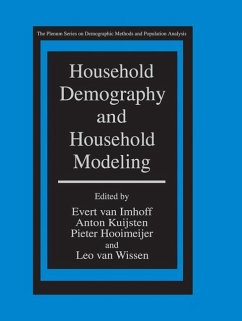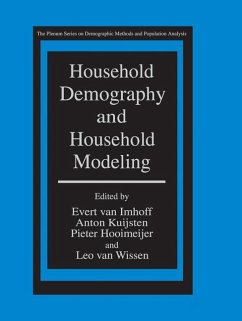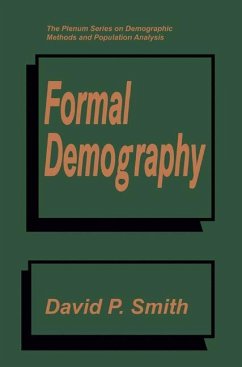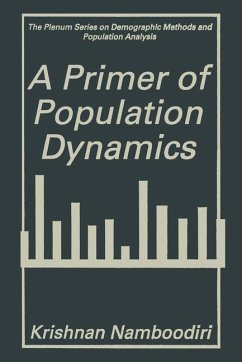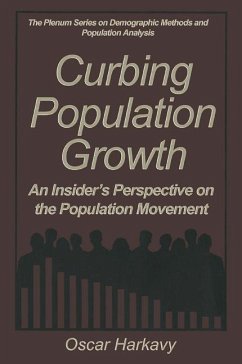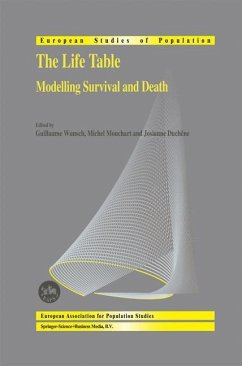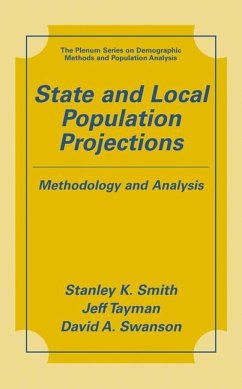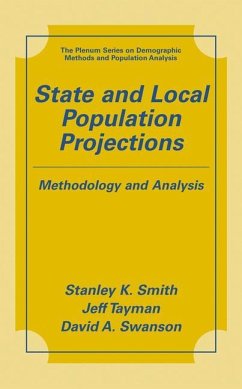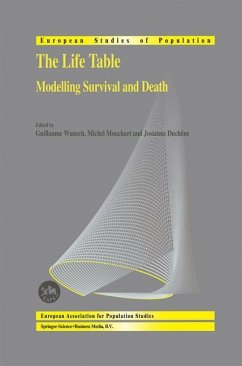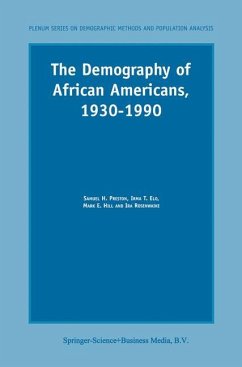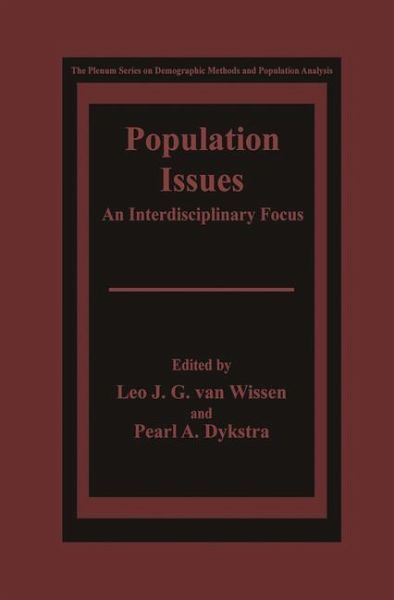
Population Issues
An Interdisciplinary Focus
Herausgegeben: van Wissen, Leo J.G.; Dykstra, Pearl A.
Versandkostenfrei!
Versandfertig in 1-2 Wochen
115,99 €
inkl. MwSt.

PAYBACK Punkte
58 °P sammeln!
This volume marks the end of an eight-year program of research on population issues, launched in 1990 by the Netherlands Organization for Scientific Research: The NWO Priority Program on Population Issues. Initiatives for this program of research were taken over ten years ago by Hans Van Ginkel-who became the first program chair - and Dirk Van De Kaa. The Dutch community of population scientists is deeply indebted to them for their early efforts. At the time, the program carried the name "Between Individual Development and Social Solidarity: Pop ulation and Society in a Period of Transition. "...
This volume marks the end of an eight-year program of research on population issues, launched in 1990 by the Netherlands Organization for Scientific Research: The NWO Priority Program on Population Issues. Initiatives for this program of research were taken over ten years ago by Hans Van Ginkel-who became the first program chair - and Dirk Van De Kaa. The Dutch community of population scientists is deeply indebted to them for their early efforts. At the time, the program carried the name "Between Individual Development and Social Solidarity: Pop ulation and Society in a Period of Transition. " The goals of the Priority Program were threefold: To reduce the fragmentation of research on population issues; to increase collabora tion among population researchers with different disciplinary back grounds; and to strengthen the position of population studies in Dutch academe and in international forums. Looking back over eight years of programed research, we can safely say that the Priority Program has given an enormous impetus to population research in the Netherlands - as this volume attests. This program of research could not have been carried out success fully without the valuable contributions and constructive input of a large group of scientists. The scope and the focus of the Priority Program were defined by a preparatory committee chaired by Gerard Frinking.





